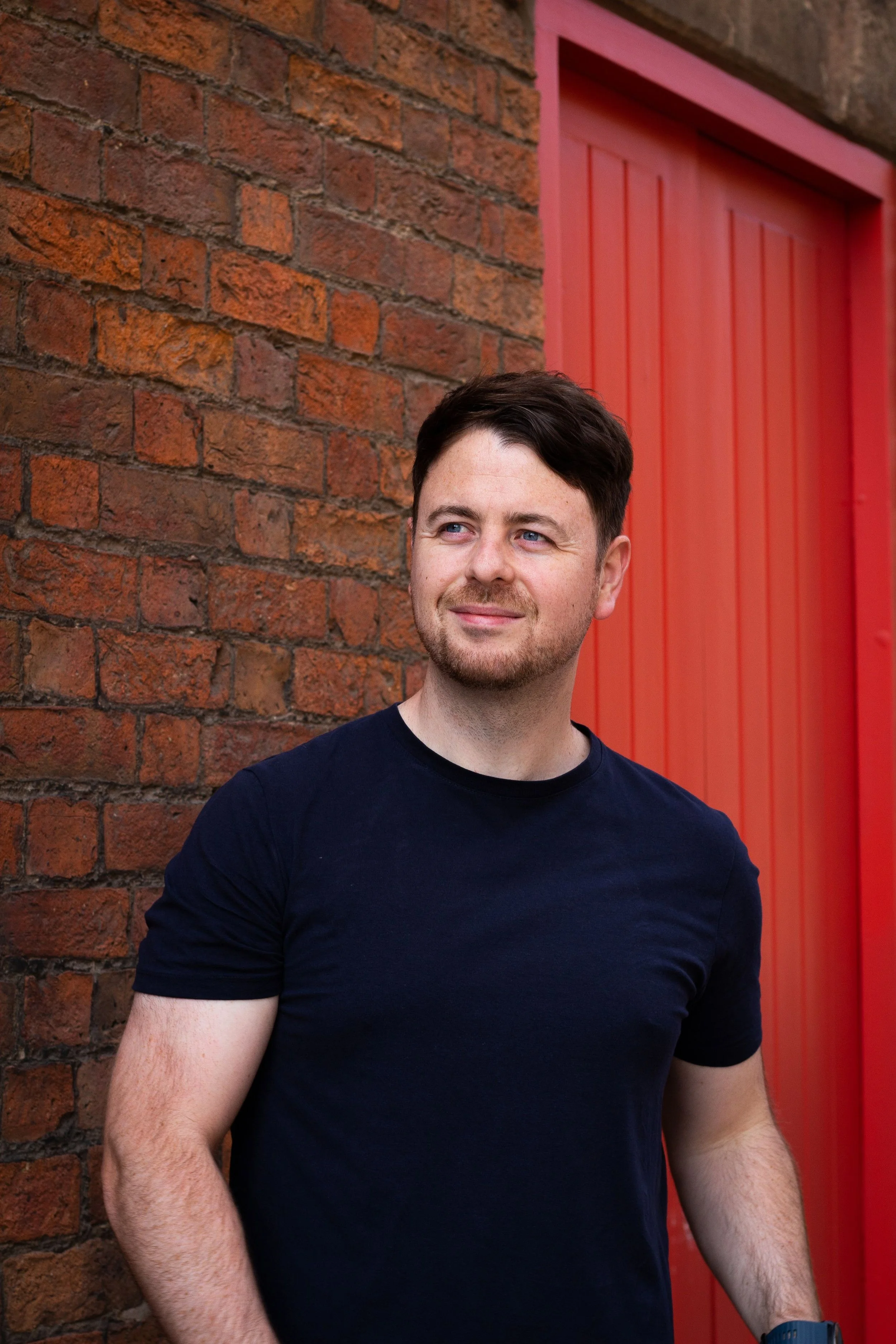Panic Attacks: What Are They and Why Do They Happen?
By Joshua Flecther msc Mbacp
In the UK, over 8 million people are experiencing an anxiety disorder. Panic disorder falls under this umbrella of anxiety disorders, and can have a significant impact on the lives of those affected.
Learn about what panic attacks are and how to seek treatment.
***
Having been diagnosed with several anxiety conditions when I was younger, I felt like adequate help was not available at the time. So through learning about anxiety myself and educating through the likes of Dr.Claire Weekes and Sally Winston, I decided to embark on the journey of becoming a psychotherapist who specialises in anxiety disorders.
What are panic attacks?
Panic attacks present themselves as sudden sense of doom or dread, like something awful is about to happen. Scary catastrophic thoughts start to form, such as: What if I'm going to die? What if I have a heart attack? What if I go crazy? What if I collapse? What if I throw up in front of people? What if reality dissolves, right in front of me? It's a sense of what's going to happen. These thoughts are often accompanied by quite intense physical and psychological sensations. So you might feel detached and dissociated, which is something called the realisation. Your heart might be palpitating and beating fast, appetite may go, chest might feel tight, lightheaded and dizzy, might feel hyper all of a sudden, sick, sweating, muscle tension and so on. It's very convincing. whilst they can feel never ending, panic attacks usually last for 20 - 40 minutes, as it’s impossible to panic forever. Usually, panic attacks occur when we're stressed, or in response to a trigger from previous trauma, and this causes a rush of adrenaline which your body reacts to.
What triggers panic attacks and how can I identify my own triggers?
Everyone has a panic attack at one point in their lives. For some people, the panic attack is so scary that they become scared of panic itself. So they'll adapt their life to not feel anxiety, to not feel the panic because it’s so triggering. This is people with panic disorder and agoraphobia. People get panic attacks, usually, because there's an accumulation of stress. So, if you imagine stress having a designated jug in the mind, and for some it fills until the jug overflows. The brain misinterprets that stress as danger, and floods the body with adrenaline and cortisol. With my clients I asked them ‘what's happened that week?’ And they will think and usually reveal they’ve had a lot of stress - perhaps they’re going through a difficult time in life. You can also have a panic attack if you if as a symptom of PTSD however, this is quite rare. But this entails people who've been through significant trauma, and have triggers and flashbacks, they can be triggered into panic attacks. The vast majority of panic attacks are stress induced, and then they can stick around and happen more when we begin to fear them and we try to avoid them.
Tips on how to deal with panic attacks
As someone who's had thousands of panic attacks I’ve found that every time I tried to stop them, it made them worse. So what I do is actually attempt to rationally think, it's not hurting you. If you're having a panic attack, try not to avoid it, you don't need to run away. You stay and tolerate the anxiety thus what you're actually doing is showing the brain look, I'm not afraid of this adrenaline flood. You can throw all the ‘what ifs’ out there or you can throw the physical symptoms at me. You can throw the sense of doom and derealization. But you know what this will pass because it always does. When you start doing deep breathing, box breathing and five things you can see/hear what you're actually signalling to your threat responses that anxiety is something to be feared. This is why people can remain anxious and fearing anxiety.
Treatment options
The treatment option for anxiety in the UK is usually the prescription of an antidepressant and often you’re put on a waiting list for cognitive behavioural therapy. It's not very intensive. Personally, I love cognitive behavioural therapy, I'm trained in it, but from my experience with the NHS cognitive behavioural therapy is that it’s quite a watered down version. So if you're going to do the NHS route, if you struggle with panic attacks and anxiety disorders, OCD, acrophobia, things like that, I always recommend seeing a private CBT therapist, or at least a CBT therapist that is affordable. I know Anxiety UK offer services and I highly recommend that.
How to support a loved one with a panic disorder
To support a loved one who has a panic disorder it is important to recognise that what they’re doing is brave. Anxiety is the body's threat response, it is literally fear. People with disordered threat responses live every day with fear, they probably wake up with doom and panic but they'll get up and they'll choose to face the day anyway, that's that's bravery. That's courage. So remind them of that and encourage them. Give them that space, don't condescend or patronise.
ABOUT THE AUTHOR:
Joshua Fletcher (@AnxietyJosh) is a psychotherapist and bestselling author specialising in anxiety. Having suffered from various anxiety diagnoses, Joshua merges his professional skills with personal experience to help educate people about an extensive condition.
Joshua’s website: https://schoolofanxiety.com/
Joshua’s podcast ‘The Panic Pod’: https://podcasts.apple.com/gb/podcast/the-panic-pod/id1489050218


